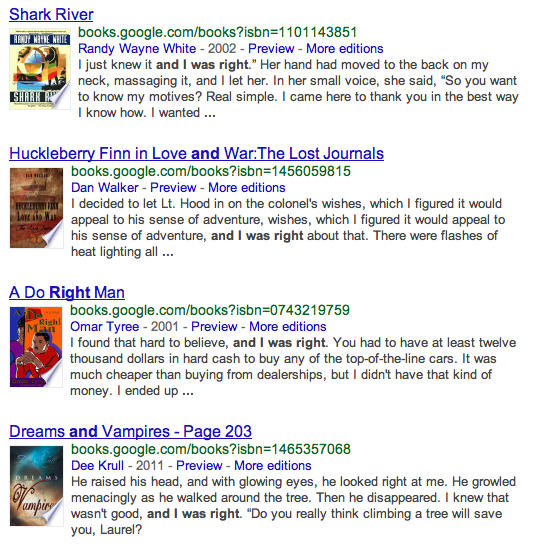They are both right. As is
I knew going in that the orange flavor component of the cake was going to be lacking. And I was right.
Your examples are both compound sentences. There are two independent clauses, joined by a conjunction (and) and separated by punctuation (either the comma or the semicolon). The comma is a softer break, the semicolon, a more significant one.
My example uses two separate sentences. This is an even more significant break and is somewhat more dramatic. A few purist would argue that sentences should not begin with a conjunction, but that viewpoint is probably not very ascendant today. Or do you disagree?
[Perhaps I should have begun this entire discussion with They are both right, as is ...? Or maybe They are both right; as is ...?]

